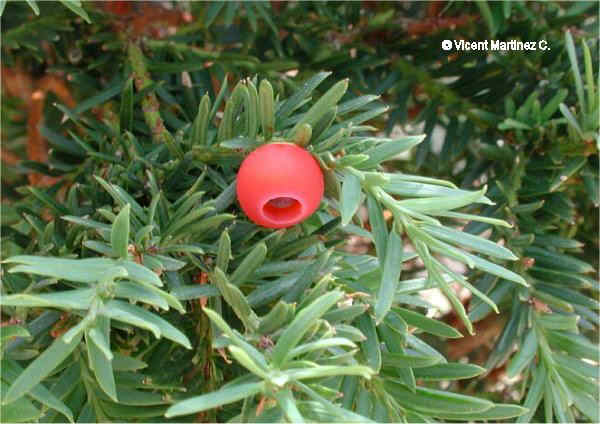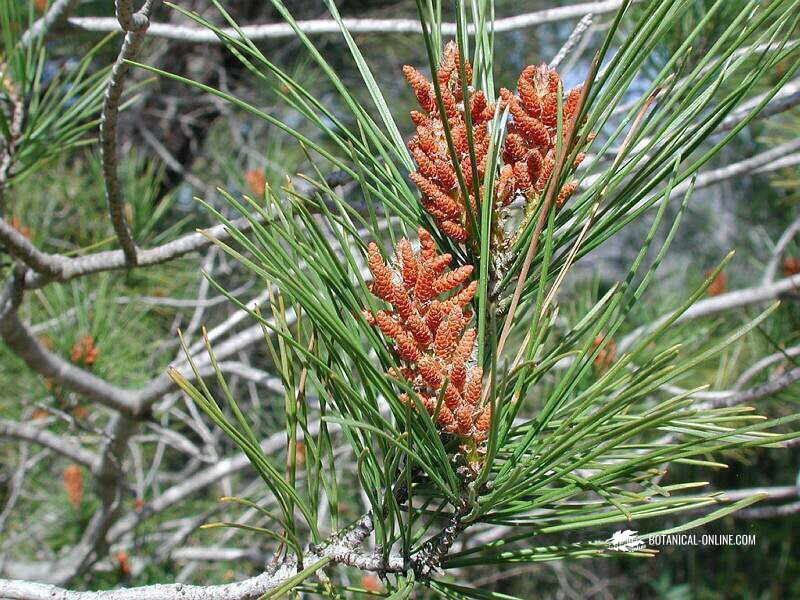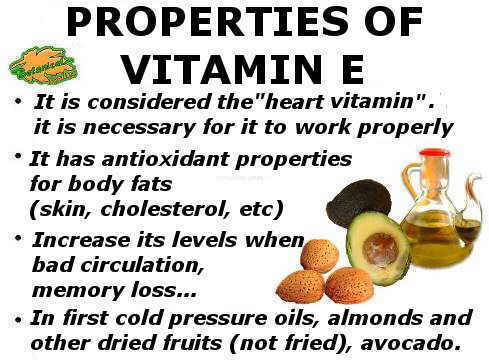Contents
Health benefits of dry fruits
What are dry fruits?
From a botanical point of view, dry fruits are nuts which do not have a soft texture when ripe. They look like wood and, when pressing on them, they are not soft.
There are different types of fruit (*See: Fleshy fruits) classified as a series of scientific criteria.
Man has known nuts since ancient times. The consumption of these fruits, among other virtues, it is able to appease your appetite after a great exertion.
Dry fruits help keep your muscles in good shape to face numerous hardships and keep your bones strong.
The importance of dry fruits
Especially during the cold months when people did not find much hunting and when they did not dispose of many fruits, nuts were a good food reserve.
At first, Man was devoted to collect fruits born wild. Findings from excavations have allowed to discover how we made use of this food for over 10,000 years. Gradually, we learned how to grow them.
At present, most of the nuts come from cultivated trees. There are about 25 kinds of cultivated dried fruits by man in the world and they are all extremely interesting food.
Nuts for a healthy heart and an improved circulation
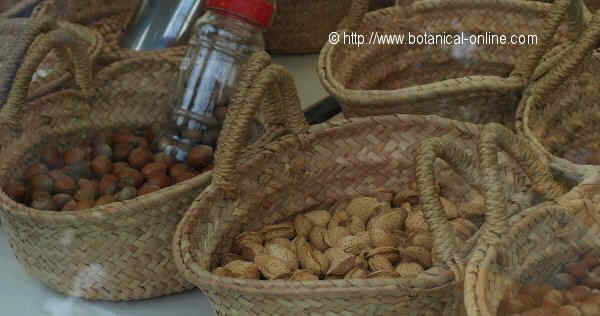
Among nuts, hazelnuts and almonds are very important
From a nutritional standpoint, nuts are those having a composition rich in fatty oils, with percentages ranging between 50 and 70%. Most of these oils are monounsaturated fats, most notably oleic and linoleic acid.
They exert a major role in controlling cholesterol, blood circulation and heart health. Among the most suitable nuts, we have, for example, almonds, walnuts, hazelnuts or peanuts.
Through various studies it has been demonstrated that the ingestion of these fruits during regular periods of 20 to 25 days reduced the levels of “bad cholesterol (LDL)” by 10%. Coconuts would constitute an exception in this section, because they are rich in saturated fatty oils.
Dry fruits content of the amino acid lysine prevents levels of homocysteine can increase. If these levels were high, they could contribute to the deposition of cholesterol in arterial walls, thereby leading to a corresponding narrowing (arteriosclerosis) and the possibility of suffering some vascular disease.
Not only nuts provide beneficial properties to the health of the heart when reducing levels of low density lipoprotein (LDL). Their folic acid content, also prevents homocysteine levels to be increased, if they were high.
Nuts are very caloric food
High-fat content in dry fruits provides them with great calorific value, with an average of 500 calories per 100 g, with a few exceptions such as chestnuts, rich in carbohydrates but low in fat, containing only 170 calories per in 100 g.
Because of the caloric content of nuts, they are especially suitable for people who perform heavy physical exertion, such as athletes, for those who work in hard physical work requiring high energy input or for children over age 3 who perform a constant activity.
Nuts for bone health
Nuts are rich in calcium, so much that they can be used as milk substitute in people with lactose intolerance.
The ingestion of these fruits is a good way to keep the bones in good condition preventing osteoporosis, a disease very common in old people that gives rise to bone fragility. For younger people, the consumption of these foods can help strengthen bones and encourage proper growth.
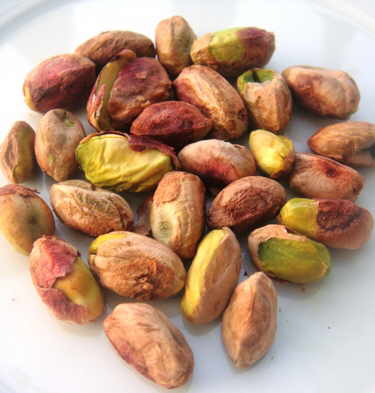
Pistachios contain a lot of calcium
Among the richest in this mineral can highlight almonds (240 mg / 100g), Brazil nuts (170 mg / 100g) hazelnuts (140 mg / 100g) or pistachios (110 mg / 100g).
Fiber in nuts
Nuts are rich in fiber. Fiber increases the transit speed of the body waste. A diet rich in nuts helps prevent constipation and prevent the occurrence of intestinal diseases such as diverticulosis.
Besides, fiber does not only facilitates intestinal transit, but it helps diminish cholesterol by reducing its absorption and slowing the absorption of sugars which allows to have energy for longer.
Nuts to replace meat
Nuts are rich in vitamins, especially vitamin E, which has antioxidant properties, therefore, the ingestion of these foods is suitable to prevent certain diseases caused by the influence of free radicals, including many kinds of cancerous diseases. They have also a lot of vitamin B
All these vitamins, along with its richness in protein and minerals, such as phosphorus, potassium, copper, iron determines that these foods are very suitable for those who want to make a vegetarian diet and want to do it without meat.
To obtain some essential amino acids, present in meat and absent in nuts, simply add to your meals some cereals and legumes. Soybeans and lentils, for example, are rich in these components.
Nuts to increase fertility
Some minerals, such as zinc and selenium, appear to play an important role in male fertility. A low intake of these minerals may be related to the number and mobility of sperm, which impacts in the fertility of sperm.
There are nuts like cashews, peanuts and Brazil nuts contain high amounts of zinc. Brazil nuts are especially interesting because they contain selenium.
* Related information: dry food, dry food types
![]() More information on fruit.
More information on fruit.

